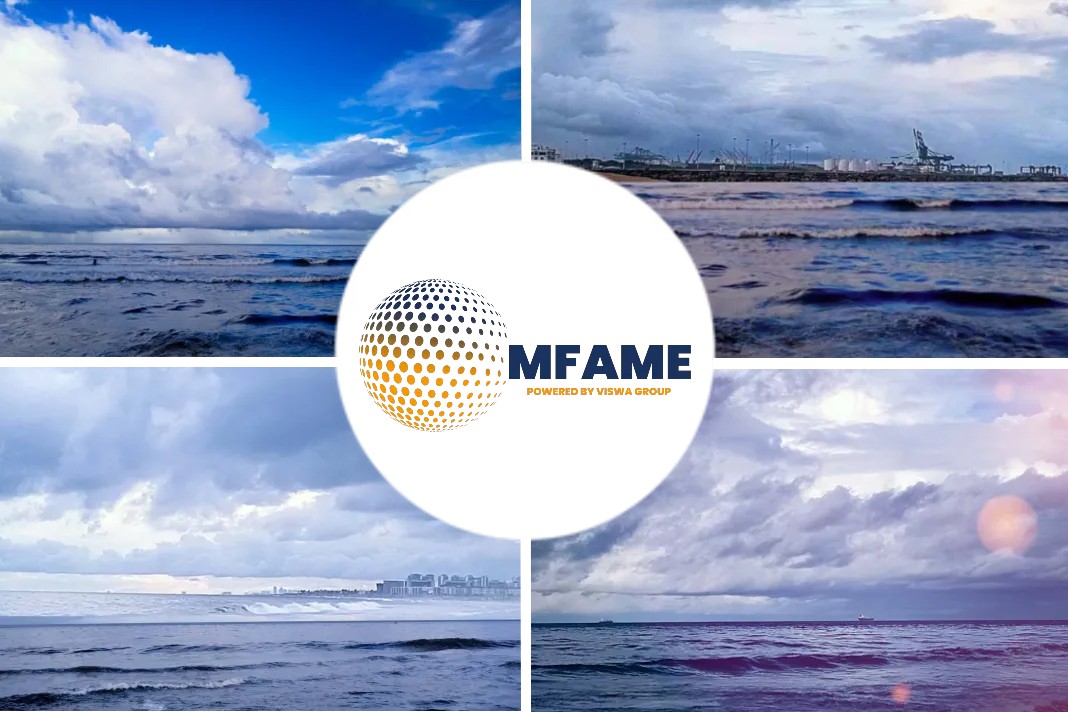- Berge Bulk and Kongsberg Maritime have launched a joint development initiative to advance marine decarbonization technologies.
- The goal is to identify and test emerging decarbonization technologies and advance the integration of emerging and existing technologies into deployable marine solutions.
Singapore-based dry bulk owner Berge Bulk and marine technology company Kongsberg Maritime (KM) today announced the signing of a Memorandum of Understanding to jointly develop and promote the deployment of decarbonization technologies aboard dry bulk vessels, says an article published in KolomKobir.
Ambitious environmental program
As a leading international deep sea bulk freighter, Berge Bulk has embarked on an ambitious environmental program that has produced vessels such as Berg LoganThe world’s most energy efficient bulk carrier. Continuing with this programme, Berge Bulk aims to be carbon neutral by 2025 at the latest and to have a carbon-neutral dry cargo carrier passing the oceans by 2030.
Such an ambitious program would require significant technical expertise and innovative talent to achieve and deliver numerous technical, commercial and regulatory challenges. . KM is Berge Bulk’s newest technology partner to take on the challenge.
“We are proud to have been chosen by Berge Bulk to accelerate its journey toward carbon-neutral operations,” Add James BoltonSenior Vice President, Kongsberg Maritime. “Together, we will set a positive mark for marine sustainability that will inspire literal change for bulk carriers and beyond.”
Testing and deployment
There are two components of a joint development project. The first component will be the assessment and testing of emerging decarbonization technologies for use in the marine sector.
The second element will be the integration of both emerging and existing technologies into deployable systems that can be installed on the Berge Bulk fleet of more than 80 dry bulk vessels.
“Berge Bulk is actively involved in identifying new emerging technology trends to help us reach our carbon-neutral goals,” Add James MarshallCEO of Berge Bulk. “However, there are a lot of existing technologies that we can and should take advantage of today to reduce our ship emissions now.”
Requirement of technical modifications
Adapting current technologies for marine applications is no small feat. A large proportion of decarbonization solutions were initially developed for shore-based applications, which required significant technical modifications to meet the unique requirements of the marine environment.
KM’s extensive experience in developing technical solutions for marine applications is critical to the success of these projects and the broader acceptance of these technologies by the marine sector. Together, the two companies hope to expand the range of clean technology options available to ship owners who want to reduce their emissions today.
Did you subscribe to our daily Newsletter?
It’s Free! Click here to Subscribe
Source: Kolomkobir
















